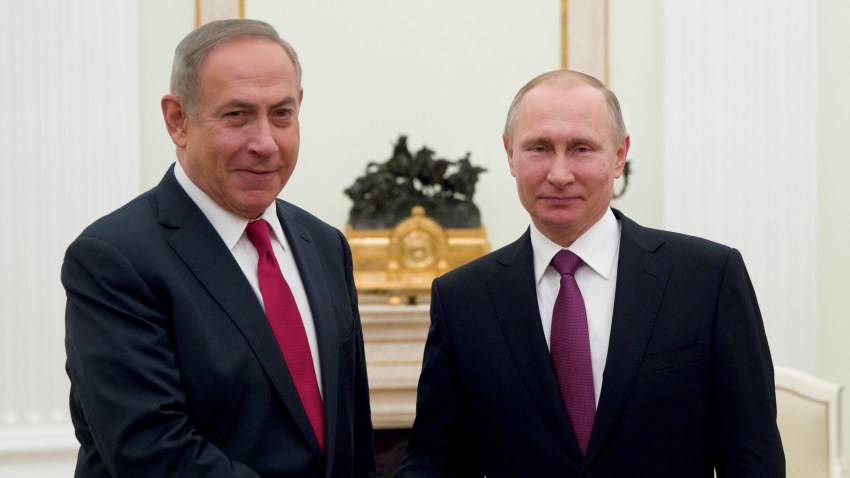Iranian kamikaze drones began slamming into Ukrainian cities and electrical infrastructure last month. Having failed to realize even its downsized goals of territorial conquest in Ukraine’s south and east, Russia reverted to its default tactic: terrorizing the civilian population, in hopes of breaking the opponent’s will to resist.
Russia’s reliance on Iranian drones it acquired during the war, and its reported purchase of Iranian ballistic missiles, led Ukrainian officials to once again call on Israel to provide Ukraine with military support, and specifically air defense systems. Israel has resisted such calls since the start of the Russian invasion. Now, even when faced with a clear opportunity to counter Iranian influence and fulfill the requests of the Biden administration, Israel’s leadership is preferring to maintain its neutrality in the war in Ukraine.
The return of Benjamin Netanyahu to the prime minister’s office after Israel’s elections two weeks ago has raised the question of whether he will revisit that approach. But he is unlikely to, for a simple reason: Israel fears that aligning against Russia in Ukraine would curtail its freedom to operate against Iranian forces and proxies in Syria, where Russia dominates the airspace.

